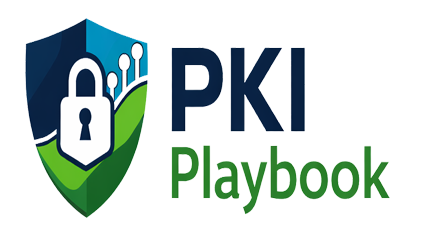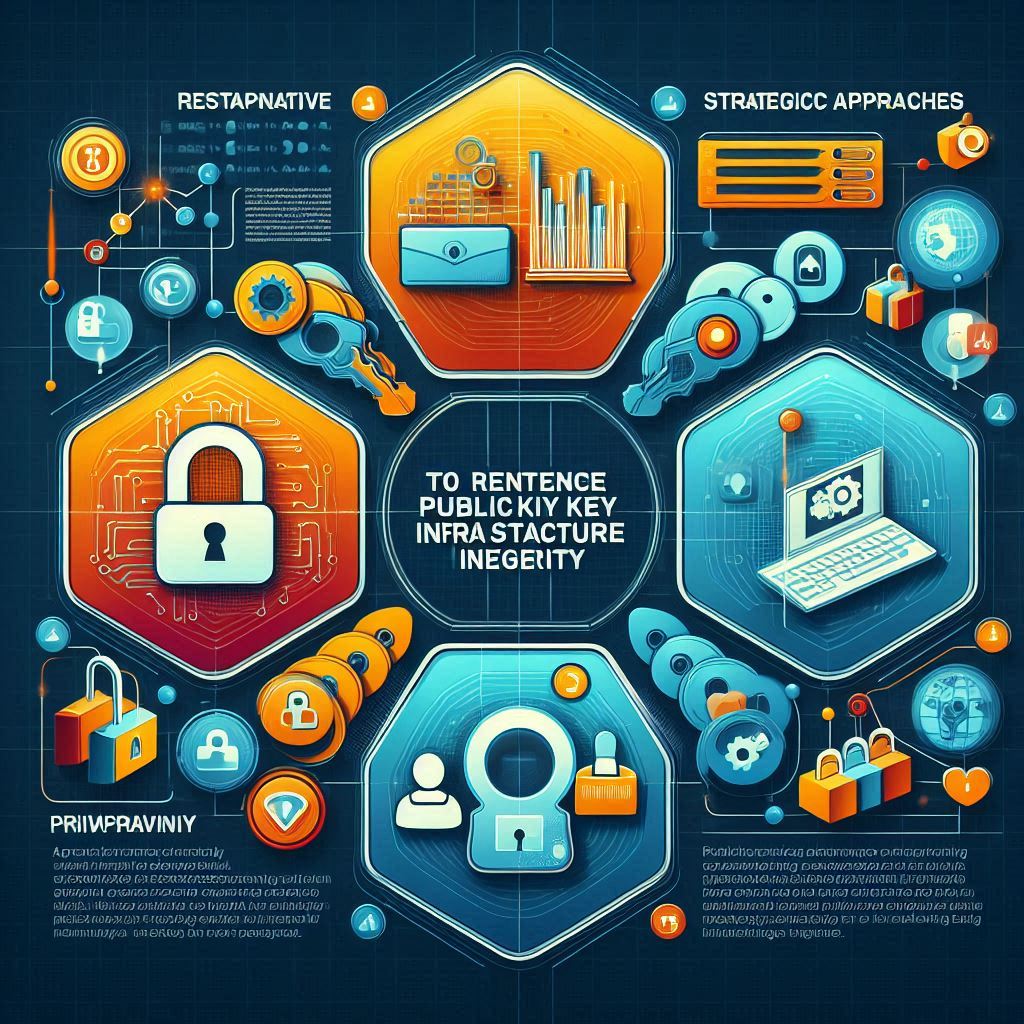In today’s fast-evolving digital landscape, online communication, financial transactions, and data exchanges rely on one crucial foundation — trust. Without proper authentication and encryption, digital systems would collapse under the weight of cyberattacks and identity theft. That’s where adaptive certificate trust layers come into play. They ensure secure communication, authentication, and scalability within complex ecosystems all through the backbone of Public Key Infrastructure (PKI).
Below are four key points explaining how adaptive trust layers enhance security and redefine the digital trust model in the age of AI and cloud computing.

1. Dynamic Authentication through Adaptive Layers
Traditional digital certificates often follow static trust chains, meaning once a certificate is issued, its trust parameters remain fixed. However, modern environments — especially cloud systems and IoT networks — require flexible authentication models. Adaptive certificate trust layers utilize dynamic policies and real-time threat analysis to adjust trust levels automatically.
By using Public Key Infrastructure (PKI) as the foundation, adaptive layers allow the system to evaluate certificates based on live conditions such as device behavior, connection risk, or location anomalies. For instance, if a connected device shows suspicious activity, its certificate trust level can be downgraded instantly. This prevents unauthorized access without needing manual intervention.
Essentially, adaptive trust layers make PKI smarter and responsive — a system that learns and evolves rather than remaining static in a world full of new digital threats.

2. Intelligent Revocation and Renewal Mechanisms
One of the critical challenges in certificate management is timely revocation. When certificates are compromised or outdated, they must be revoked immediately to prevent misuse. Conventional PKI systems rely on static Certificate Revocation Lists (CRLs) or Online Certificate Status Protocols (OCSP). While functional, these methods can be slow and inefficient for modern, high-traffic networks.
Adaptive certificate trust layers, however, revolutionize this by integrating AI-based monitoring with Public Key Infrastructure (PKI) databases. They continuously assess certificate validity and automate revocation or renewal based on behavioral patterns, expiration timelines, and anomaly detection.
For example, in enterprise environments, adaptive systems can auto-renew internal certificates before expiry or isolate any certificate behaving outside its normal parameters. This kind of automation ensures constant security compliance and eliminates human error, a major cause of digital breaches.
3. Layered Trust for Multi-Cloud and Hybrid Environments
As organizations expand across multiple cloud providers and hybrid infrastructures, maintaining a consistent security posture becomes increasingly difficult. Adaptive certificate trust layers bridge this gap by offering a unified, multi-layered verification approach based on Public Key Infrastructure (PKI) principles.
Each layer in the adaptive model handles a specific trust responsibility — one for endpoint devices, another for application servers, and yet another for third-party APIs. This layered structure ensures that even if one layer is breached, the overall trust model remains intact.
Moreover, adaptive layers can intelligently communicate across cloud boundaries, verifying certificate authenticity and encryption integrity without exposing private keys. This makes digital ecosystems more resilient against man-in-the-middle attacks and unauthorized certificate issuance — a major risk in multi-cloud setups.
4. Real-Time Risk Scoring and Adaptive Policy Enforcement
Perhaps the most groundbreaking aspect of adaptive certificate trust layers is their ability to calculate real-time risk scores and enforce dynamic policies accordingly. Instead of applying one-size-fits-all trust rules, these systems leverage machine learning, behavioral analytics, and cryptographic validation powered by Public Key Infrastructure (PKI).
If an endpoint attempts to access a sensitive database from an unusual location or outside business hours, the adaptive system can automatically adjust its certificate privileges or request additional authentication. This not only enhances security but also optimizes user experience by allowing trusted operations to proceed seamlessly while blocking suspicious activities instantly.
Through real-time intelligence, organizations can maintain a continuous balance between usability and security — something that static PKI systems could never fully achieve.
In an era where cyber threats evolve faster than traditional defenses, adaptive certificate trust layers mark a new chapter in digital security. Built upon the robust foundation of Public Key Infrastructure (PKI), they combine automation, intelligence, and flexibility to create an ecosystem of living trust — one that adjusts, learns, and protects in real time.
By embracing this adaptive approach, organizations can ensure that their digital identities remain secure, their data remains private, and their trust framework remains future-proof in an increasingly interconnected world.










